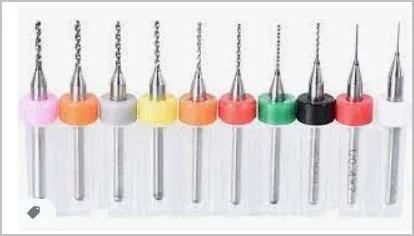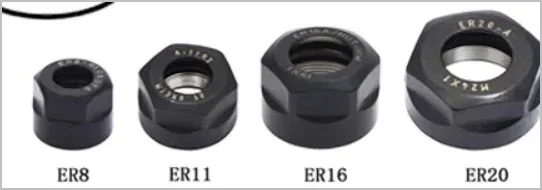Tomc938
Ultra Member
So I made may first brass cannon today. 1" long. I'm looking for some way to hold a very fine drill bit in my RF30 clone mill to cross drill the body for the trunnions.
The only thing I could think of was a pin vice mounted in a collet chuck.
Anyone have a better idea?
Thanks!
Tom
The only thing I could think of was a pin vice mounted in a collet chuck.
Anyone have a better idea?
Thanks!
Tom






